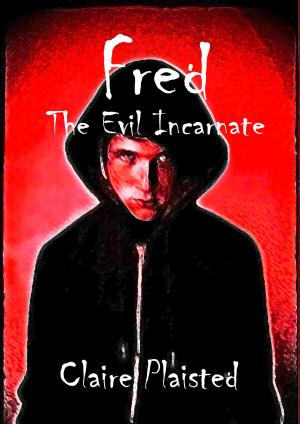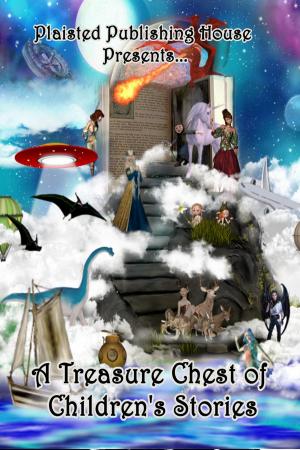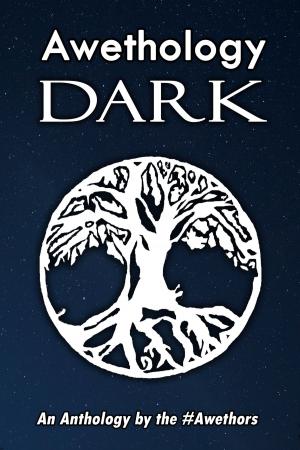| Author: | Norman Maclean | ISBN: | 9781311116987 |
| Publisher: | Plaisted Publishing House | Publication: | August 20, 2014 |
| Imprint: | Smashwords Edition | Language: | English |
| Author: | Norman Maclean |
| ISBN: | 9781311116987 |
| Publisher: | Plaisted Publishing House |
| Publication: | August 20, 2014 |
| Imprint: | Smashwords Edition |
| Language: | English |
Set in the Mediterranean of the first century A.D. the book takes as its theme the production of Revelation – last book of the Bible but in a manner that dismisses the conventional view of this document as mystical prophecy.
Rather, it reflects the chaotic disruption of its era, particularly the devastation of Judaea under Rome and the behaviour of early Christian communities enduring persecution towards the end of the first century.
The novel is written in the first person: the narrator and protagonist, a Hellenised Jew who eventually finds himself exiled then confined to the Aegean island of Patmos where he encounters one, Yohanan, (John) another imperial exile. Yohanan is the antagonist; he is penning a lengthy letter in code to seven urban communities of Asia Minor.
This is the acknowledged content of Revelation, the Biblical book which historians have long recognized is allegory, cipher and an amalgam of apocalyptic literature but which millions still regard as some form of handbook to a future slipping towards cosmic conclusion.
Much of the novel is retrospective: the protagonist, confined to the island of Patmos reflects on the events that have brought him to this location and the reasons for his loss of status.
Revelation as a novel breaks new ground: to the best of my knowledge there is no fictional title dealing with the production of this document and the background events that shaped it. The book would therefore find no market among Christian conservatives but would, I believe, find a niche market for the majority outside of such a category.
Set in the Mediterranean of the first century A.D. the book takes as its theme the production of Revelation – last book of the Bible but in a manner that dismisses the conventional view of this document as mystical prophecy.
Rather, it reflects the chaotic disruption of its era, particularly the devastation of Judaea under Rome and the behaviour of early Christian communities enduring persecution towards the end of the first century.
The novel is written in the first person: the narrator and protagonist, a Hellenised Jew who eventually finds himself exiled then confined to the Aegean island of Patmos where he encounters one, Yohanan, (John) another imperial exile. Yohanan is the antagonist; he is penning a lengthy letter in code to seven urban communities of Asia Minor.
This is the acknowledged content of Revelation, the Biblical book which historians have long recognized is allegory, cipher and an amalgam of apocalyptic literature but which millions still regard as some form of handbook to a future slipping towards cosmic conclusion.
Much of the novel is retrospective: the protagonist, confined to the island of Patmos reflects on the events that have brought him to this location and the reasons for his loss of status.
Revelation as a novel breaks new ground: to the best of my knowledge there is no fictional title dealing with the production of this document and the background events that shaped it. The book would therefore find no market among Christian conservatives but would, I believe, find a niche market for the majority outside of such a category.















